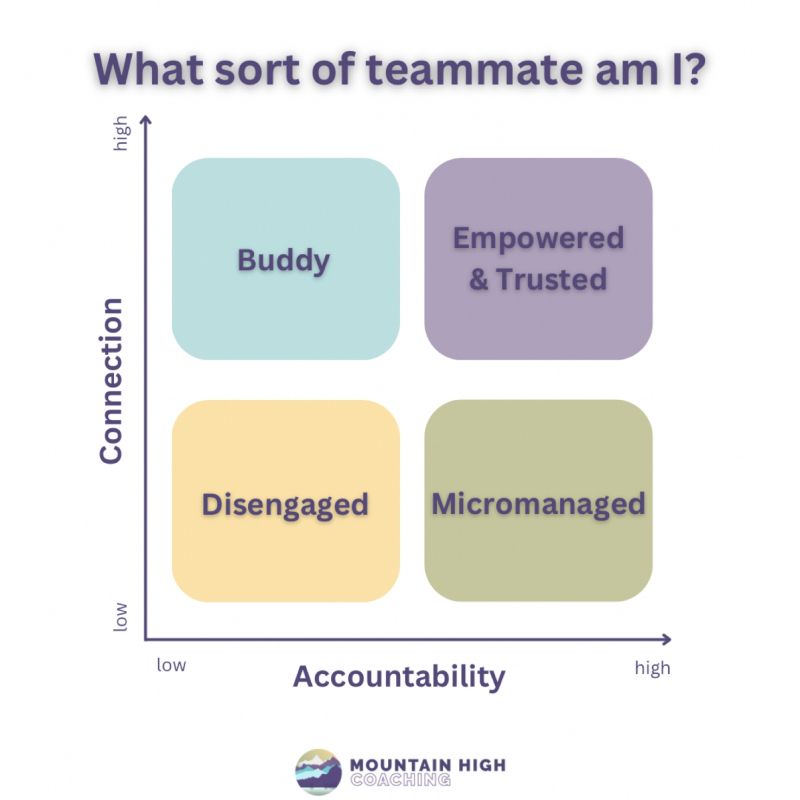We hear a lot about psychological safety these days.
What it means, how to build it, the positive impact it has on individuals, teams and organisations, on both mental and physical health, and performance.
As well as the negative impacts in its absence.
Recently Google announced redundancies, and there was a chorus from the employees about the impact on their psychological safety. Redundancies had been damaging to it, they claimed.
Oh, I thought. I’d never associated psychological safety (PS) with guaranteeing a role for life. 🤔
And that’s because it doesn’t.
When it comes to these sorts of concepts, it’s just as important to understand what they aren’t as well as what they are.
What psych safety isn’t:
1. It isn’t about shielding people from the truth, or pretending there isn’t a problem. Whether the problem relates to performance, behaviours, or the company’s financial health, honesty and openness, with kindness, builds trust. Trust also comes from having adult to adult conversations, which can be tough, but still need to be had.
2. It isn’t about simply ‘declaring’ safety. It’s about building, over time, a safe space, together, led by leaders within the organisation. Remember that actions always speak louder than words. You have to show people you welcome disagreement, critical thinking, new ideas, and that you value what they have to say, what they do, and who they are.
3. It doesn’t mean everyone gets to be involved in every decision that needs to be made. It would grind an organisation to a halt if this was the case. However, the onus still lies with the decision-makers to be able to justify their decisions, and provide clear, meaningful context to others.
4. It doesn’t mean everyone gets freedom to do whatever they want. Autonomy comes with proven performance and trust. So be prepared to earn it, and not just expect it.
5. And it doesn’t mean that no-one gets to hold you accountable for your performance and behaviours. It’s not a free pass to be inconsiderate, unkind, uncooperative or to not deliver quality work on time for no good reason. You will still have deadlines, goals and key results to deliver against. There will still be behavioural norms, expectations and shared values to live by.
If an organisation is going through the difficult process of compulsory redundancies (or voluntary, for that matter), then to maintain psychological safety this process needs to be done as openly as possible, with kindness and sensitivity. And that applies to those who get to keep their jobs, as well as those who lose their jobs.
Voices still need to be heard and valued, emotions still need to be expressed, challenges still need to be received with open arms.
You can’t put psychological safety on hold, and expect everything to still be okay when you press ‘play’ again.
Like trust, it takes no time at all to wash it away. And a long time and a lot of effort to rebuild it.









